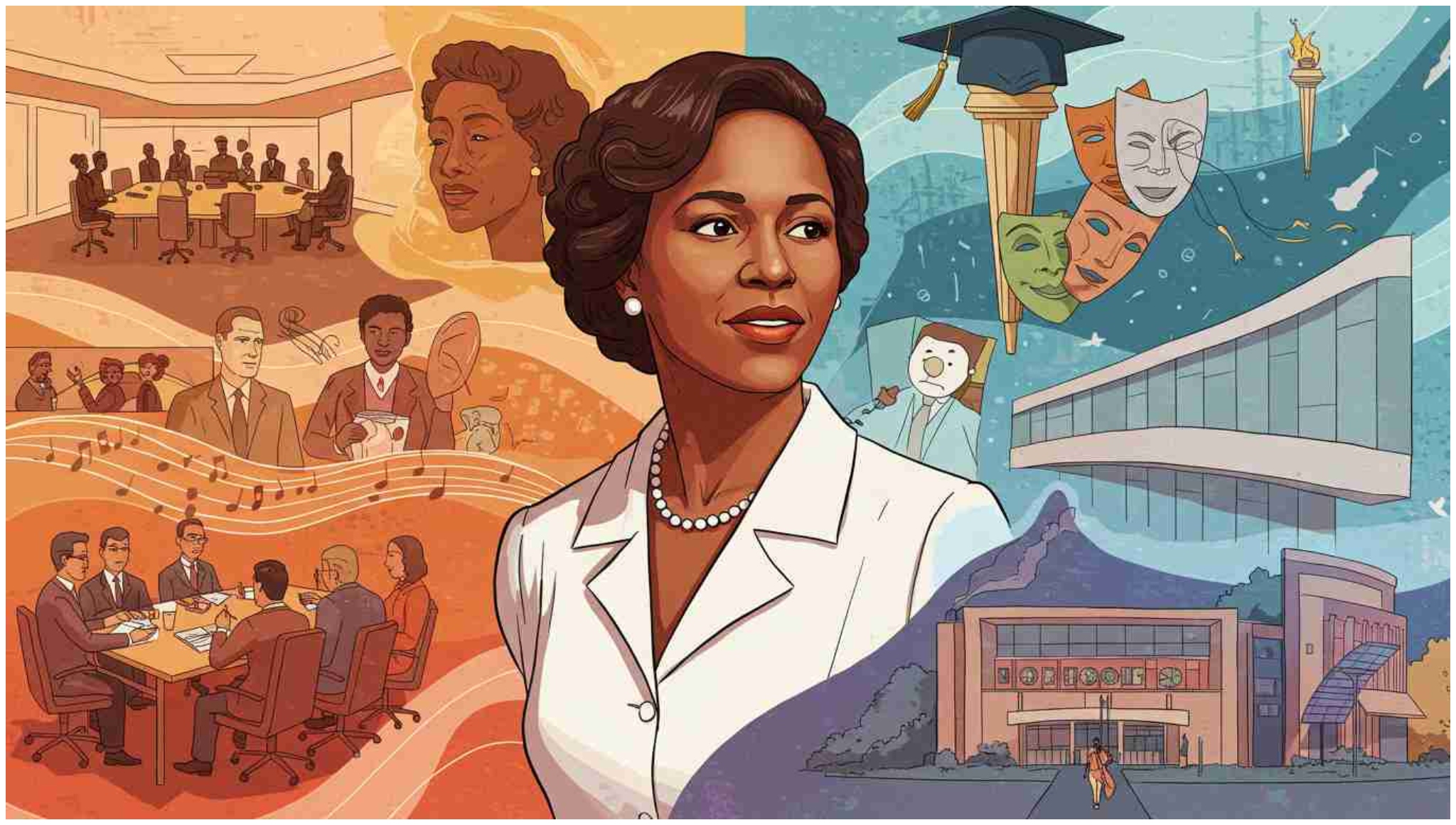Dolores D. Wharton, a leader in corporate boardrooms and the arts, passed away on June 7, 2025. She was 98 years old. Her life and career opened doors for women and people of color in powerful places where few had stood before.
Wharton was the first Black woman to serve on the boards of major American companies like Phillips Petroleum, Kellogg Co., and Gannett. In these roles, she championed fairness, diversity, and corporate social responsibility long before it was widely expected.
Corporate Leadership That Changed U.S. Boardrooms
Throughout her impressive career, Dolores Wharton claimed many industry firsts. She founded and led the Fund for Corporate Initiatives, Inc., an organization focused on bringing fairness and equity into corporate leadership.
By joining the boards of Phillips Petroleum, Kellogg, and Gannett, she became both the first woman and the first Black person to hold those seats. “It wasn’t about being the first,” she often explained. “It was about opening the door so others could follow.”
Her leadership went beyond just holding a title. Wharton actively spoke up for fair hiring, community involvement, and ethical business practices. She also held key roles at Michigan Bell Telephone, COMSAT, New York Telephone, and Capital Bank and Trust in Albany, New York.
A Lasting Legacy in Arts and Culture
Dolores Wharton’s work wasn’t limited to boardrooms. She was a passionate supporter of the arts. In the 1950s and 1960s, while living in Southeast Asia, she studied local painters and writers. This work led to her book Contemporary Artists of Malaysia: A Biographic Survey.
Her commitment to the arts earned her appointments from President Gerald Ford to the National Council on the Arts and the National Endowment for the Arts. Michigan Governor William Milliken also named her to the Michigan Council for the Arts.
Wharton later served as a trustee for the Museum of Modern Art, the Detroit Institute of Arts, and the Albany Institute of History and Art. Everywhere she went, she worked to lift up underrepresented artists and preserve culture for future generations.
An Advocate for Education and Public Service
Dolores Wharton’s love for learning showed in her service to higher education. She was a respected member of the Massachusetts Institute of Technology’s board of governors and a trustee at Albany Law School, the Fashion Institute of Technology, the Aspen Institute, and the Asia Society.
Her efforts encouraged schools and public institutions to include more diverse voices and ideas in their leadership. She believed education could be a powerful tool for change and made it her mission to support the next generation of thinkers and leaders.
A Partnership That Reshaped Michigan State University
In 1950, Dolores married Clifton R. Wharton Jr., who became president of Michigan State University (MSU) from 1970 to 1978. As MSU’s first lady, she used her position to celebrate campus artists and push for more cultural resources at the university.
Her proudest achievement came in 1982 with the opening of the Wharton Center for Performing Arts. She and her husband fought for years to replace the outdated MSU Auditorium. “We felt very strongly — Dolores in particular — that we needed to have a new facility,” Clifton recalled in 2009.
Today, the Wharton Center is one of Michigan’s top cultural venues and a key part of MSU’s campus life. It stands as a lasting tribute to Dolores Wharton’s belief in the arts’ power to inspire, connect, and heal.
Honoring a Life of Firsts and Fearless Service
In her lifetime, Dolores Wharton earned nine honorary doctorate degrees and left a legacy of inclusion, leadership, and courage. In recent years, MSU has celebrated the Whartons’ legacy through “The Wharton Series,” held at Lincoln Center in New York City.
Dolores D. Wharton’s impact reaches beyond the companies, schools, and art museums she touched. She proved that bold leadership paired with compassion can reshape communities and institutions for the better. As we honor her life, her example continues to guide those working toward equity in business, the arts, and education.






Leave a Reply